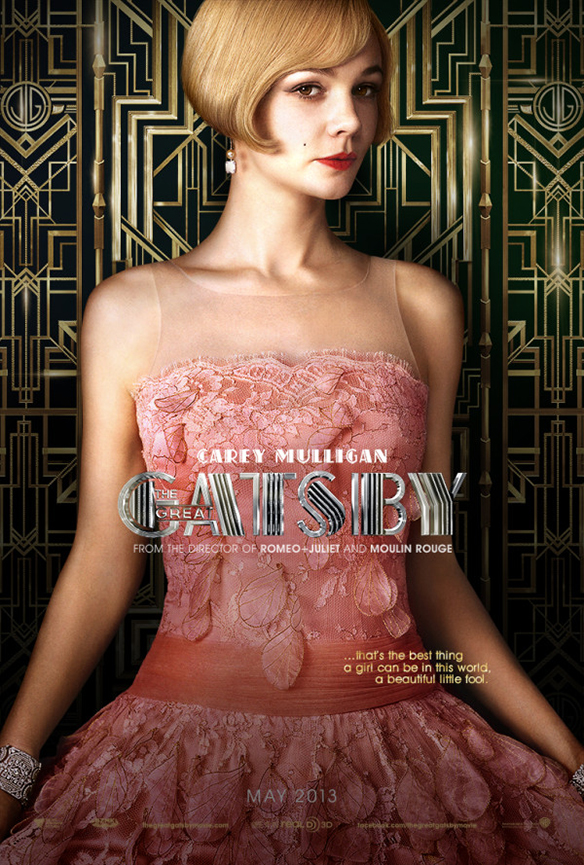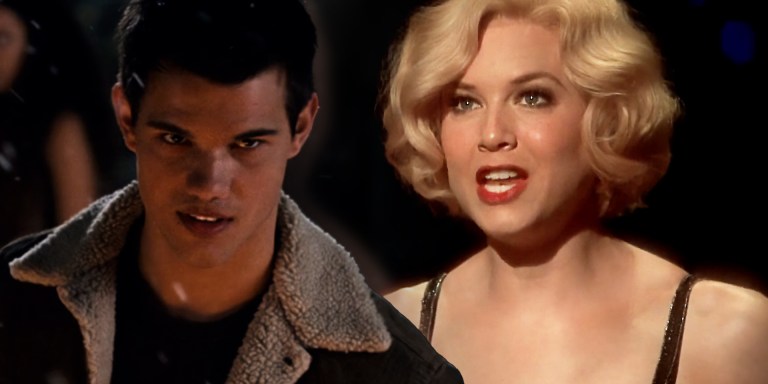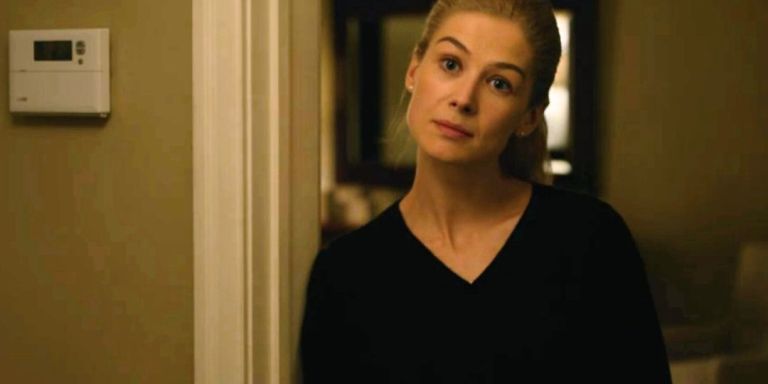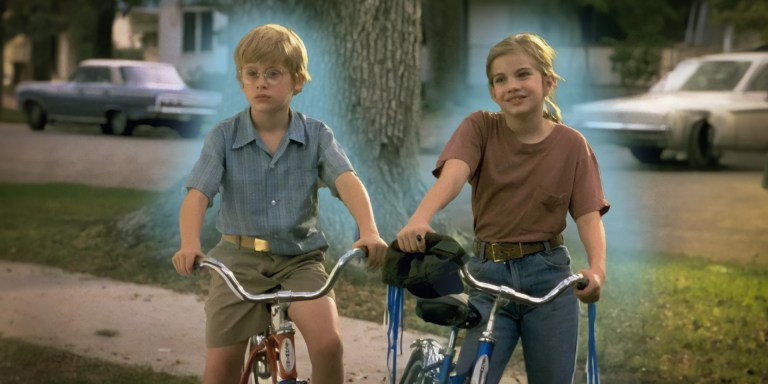

You know who you are. You might have a poster of Audrey Hepburn on your wall, or a Marilyn Monroe quote as your twitter bio, or a Pinterest board full of Brigitte Bardot waves, or an unfulfilled desire for a Kelly bag. You double tap starlets’ instagram photos by the dozens and you dog-ear pages of Vogue. You brunch, and wistfully discuss such lofty concepts as true love and vintage Chloe in the Karl years. You already have your tickets to see The Great Gatsby, where you will fawn over the Prada costumes and the glitzy parties and the gaudy soundtrack. You already expect to fall head over heels for Daisy Buchanan the way Gatsby has.
In Daisy, you will find your new heroine, the socialite, the rock star’s wife back when rock stars were simply men with a whole lot of money, the girl that got away, the girl who could drive a man mad. You’ll want to be loved by a man the way Daisy is loved. You will want to inspire a quest for — forgive the pun — greatness. You’ll want to be the reason why men make themselves millionaires.
But before you do, consider this: Daisy is Juliet, and that doesn’t end well.
Daisy is a classic Susan Glenn.
And Susan Glenn should have been left well enough alone. Susan Glenn was the girl the guy never got the nerve to go after; Juliet, the girl who knocked the wind out of our Romeo’s lungs, a blow from which he never really recovered. Susan Glenns are warning signs, girls who inspire adoration but stunt action. Susan Glenn is an enigma because she is often something a man regrets from his boyhood days. And why would you want to be something somebody regrets?
You shouldn’t want to be a man’s Juliet because you’ll both end up dead. You shouldn’t want to be a man’s Daisy Buchanan because even if somebody loves you enough to take the fall for your wrongdoings, the fact that you let them says a lot more about you than it does about them.
Because that is what Daisy does. She and Tom both let other people step in and take responsibility for their actions or lack thereof. They are careless people, people who “smashed up things and creatures and then retreated back into their money or their vast carelessness, or whatever it was that kept them together, and let other people clean up the mess they had made.” To be so reckless with other peoples’ lives is fair to nobody at all. What might at first seem unaffected and enigmatic simply turns into a deplorable superficiality, and if you can’t bring yourself to truly care about anyone, and to put yourself in their shoes, what right do you have to command that they care about you?
Holly Golightly became iconic in part because Audrey Hepburn was so charismatic, not because Truman Capote’s character was any more laudable than Daisy Buchanan. In a way, Golightly is almost Capote’s reinvention of Fitzgerald’s character. Both authors led turbulent private lives amid the raucous glamour of the eras in which they lived. Both stories chronicle that same glamour in New York, and while it’s Golightly and Gatsby who create their own legacies and everyone else simply tags along to join the party, when Holly’s husband comes barreling out of her past, she does not take responsibility for leaving him and breaking his heart. She and Daisy both claim that the men who love them break their own hearts. They respectively offer little sympathy for Doc, who heads home empty-handed, and even less sympathy for Gatsby, who takes the fall for manslaughter and is killed in his own little-used pool as a result.
It is, of course, not entirely Daisy’s fault that Gatsby loves her so much. He takes the memory of a girl he once knew and “because of the colossal vitality of his illusion,” turns her into the ultimate prize, his Oscar, the award he never quite gets. Tom wins that accolade instead. And Oscars usually end up on shelves, dusted every once in a while, or in bathrooms. Why would you settle to be just another trophy wife?
A modern-day Daisy would have been a Real Housewife, a false woman with dead eyes, laughing on cue and throwing drinks when she felt like she needed her share of attention. Because that is what the American Dream has devolved to, and Daisy is, in all respects, the ultimate American dream. Gatsby, for all his success, never achieves the dream outright. Daisy is always just out of his reach, be it because she comes from money and he is self made, or that she lives on East Egg and he lives on West Egg, or that she opted not to wait for him and married somebody else.
It’s crude to say, but because of her inaction, Daisy becomes something of a tease.
Don’t be a tease.
Don’t send a man to his grave, whether you mean to or not.
Please don’t aspire to be Daisy. Daisy is a muse against her own will, and if you’re going to be immortalized by the love of another person, I would hope that you’d take responsibility for that legacy.
Idolize the Prada dresses all you want, but remember that such glitz comes at a cost.
And sometimes, that cost is hardly worth it. ![]()





